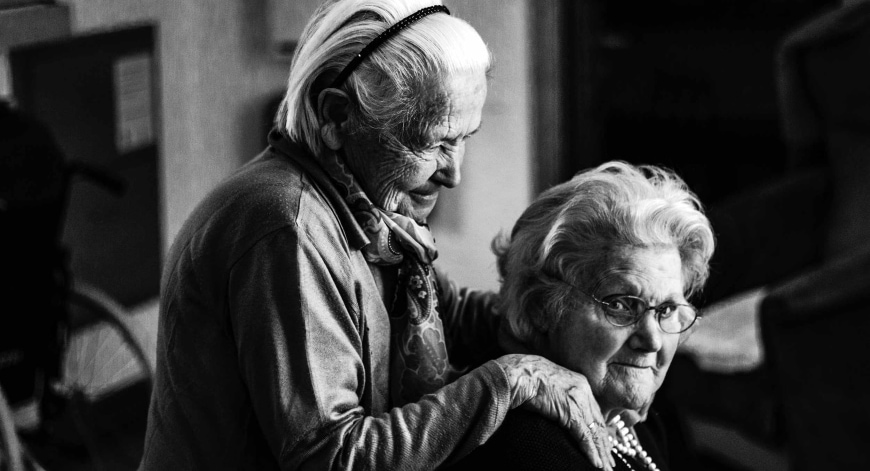How Dementia Progresses in the Elderly: The Various Stages

Dementia is known as the loss of cognitive function — a group of symptoms which includes loss of memory, thinking abilities, and social functions. There are various causes and types dementia, and these can include but are not limited to:
- Being a condition of Alzheimer's disease: Dementia in Alzheimer's is caused by clumps of protein called plaques and fibrous tangles in the brain.
- Having Lewy bodies: Dementia which is also caused by clumps of protein, in the cortex. Additional symptoms of Lewy bodies can be sleep deprivation and hallucination.
- Vascular dementia: This is when there is harm or damage done to the blood vessels supplying blood to the brain. It can also damage the fibers of the brain.
- Traumatic brain injury: You may suffer from this if you have had repetitive trauma to the head, with multiple incidents. It is possible that this may cause dementia later in life.
- Parkinson’s disease: Those who have Parkinson’s may eventually develop dementia, this is specific and is known as Parkinson’s disease dementia.
As we get older, suffering from dementia might be a condition that some of us have to deal with. Dementia, however, is not a normal occurrence or a symptom of old age. It is abnormal and must be treated medically as such.
Symptoms of dementia
If you think that you or a family member may be experiencing dementia, there are some common things to watch out for. Early signs may not be completely obvious, so they may be harder to single out and determine.
A few of these signifiers can include memory loss, confusion with time or place, difficulty problem solving, issues doing everyday tasks, problems in speaking or writing, or trouble understanding visual images.
The stages of dementia
There are stages to dementia, which can depend on what the underlying cause of the dementia is. Some types of dementia can be reversible, and it depends on the individual how fast dementia progresses. For some people, dementia can progress very quickly, while for others, it may take a long time.
In general, there are various stages of dementia:
- No impairment: Dementia may show up on a medical exam, but the person is not experiencing any symptoms or mental decline.
- Very mild to mild decline: A person with dementia may experience a few changes in behaviour such as becoming more quiet or withdrawn, and experiencing memory loss such as forgetting where things are or not remembering recent events. At this stage, they are still independent.
- Moderate to moderately severe decline: They may start to be confused or have poor judgement. There’s an increase in memory loss and needing help with daily tasks. On the greater end, they will start to forget names of their loved ones or be confused about dates or times. As well, they may have significant personality changes and issues in sleep patterns. At this stage, they will need some assistance in their activities of daily living.
- Severe decline to very severe decline: They will need help with the simplest day to day tasks and taking care of their hygiene. Eventually they will not be able to communicate their thoughts. They will also suffer physically and will not be able to walk, sit, or hold their head up, spending most of their days in bed. At this stage they will need full-time assistance with living.
Reversible and non-reversible dementia
Some conditions may allow for dementia or similar symptoms to develop, but they can be reversed. Dementia that is caused by infections or immune disorders, nutritional deficiencies (such as dehydration and low vitamins), metabolic problems (such as thyroid problems, low blood sugar) and certain medication side-effects are not permanent and can be reversed.
Meanwhile, dementia caused by diseases such as Alzheimer’s, Parkinson’s, Huntington’s, Creutzfeldt-Jakob’s, are progressive and cannot be reversed. As well as vascular dementia, Lewy body dementia, frontotemporal dementia and mixed dementia.
Dementia varies significantly in all of these conditions, including when the symptoms develop, what they are, and at what point they can become severe. Each individual who has dementia will have a unique progression rate.
Moving forward with dementia
While there is no cure for non-reversible types of dementia, getting a diagnosis at an early stage is helpful so you can plan for the future accordingly. If you wish, you may also be able to participate in clinical trials, which will help to develop new treatments.
Alivio Care offers Alzheimer’s and Dementia services, allowing you or your loved one to get the supportive home care that they need, as well as other assisted daily living services.
